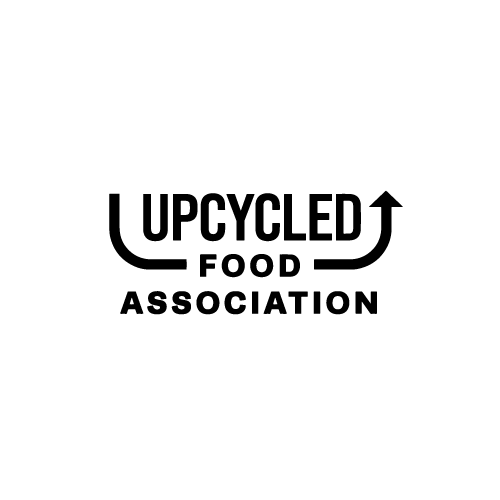Canadians use over 200,000 tonnes of coffee & over 250,000 tonnes of barley every year. Much of this waste ends up in landfills, creating tonnes of waste & greenhouse gas emissions. Upcycling not only prevents that, it also encourages us to give ingredients a second chance. After being used for coffee or in the brewing process, our grounds & grains still have so much to give. That’s where upcycling comes in.
Upcycling is taking something that is considered waste & re-purposing it. As opposed to recycling, in upcycling, those materials are used to create a product of higher quality or value, not lower. Upcycling is a big part of the Circular Economy — a system designed to extend the life cycle of products & ingredients, & contribute to environmental sustainability.
Think of it this way: coffee beans are destined for more than a solitary cup of joe, in the same way that the best barley should be allowed to benefit more than just the contents of your pint glass. Both have so much more to offer when they aren’t just reduced to their most recognizable output.









